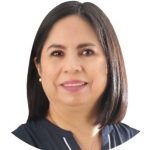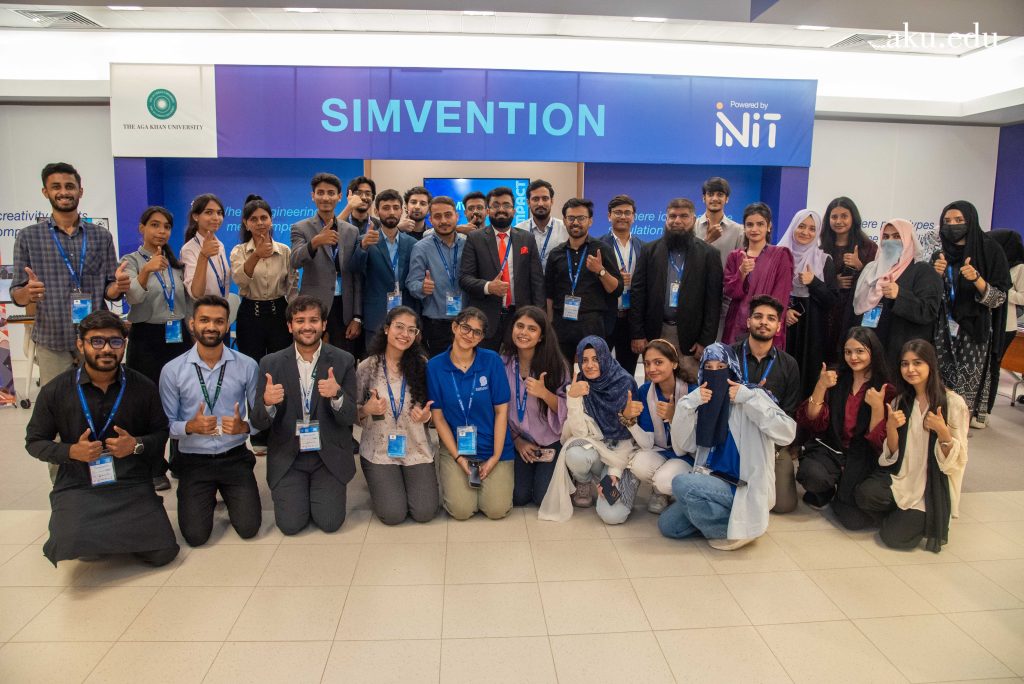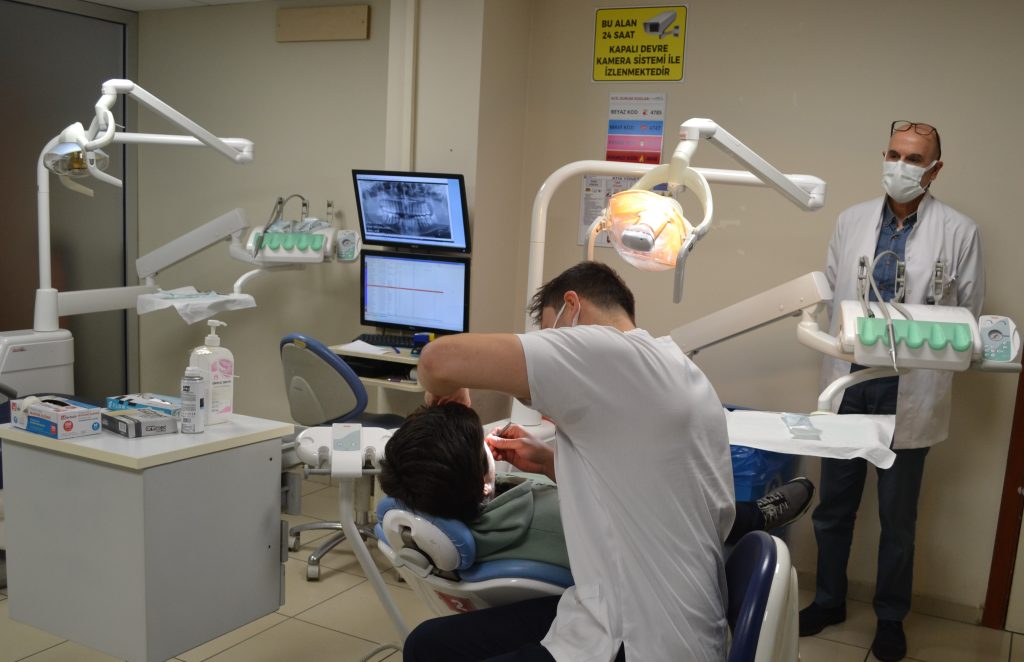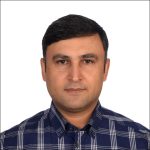The CHSE® certification was established by SSH in 2012 as a service to the medical simulation community. Here are three good reasons to get it according to Fidel Esteves Pinto
The Certified Healthcare Simulation Educator (CHSE®) certification was introduced by the Society for Simulation in Healthcare in 2012. To date it has been awarded to more than 2000 simulation facilitators in 39 countries.
It is possible to obtain the CHSE® certification through the validation of a dossier, in which participants must demonstrate that they meet various requirements (degree, years of experience in the field of simulation, types of simulation used, etc.), and passing an exam with multiple choice questions on 4 macro areas of simulation, i.e. professional values and skills; knowledge/principles of healthcare and simulation; educational principles applied to simulation; simulation resources and environments.
Why get this certification? The reasons that prompted me to undertake this path are essentially three: professional growth as a facilitator, the possibility of being part of a network of professionals in the field, and finally certifying a quality standard in my everyday work.

Professional growth plays a fundamental role: between the consolidation of skills already assimilated previously and the acquisition of new ones, the path that leads to certification stimulates the search for scientific evidence, protocols and guidelines in this sector. I find that in all contexts it is very important to keep up with the times and expand our knowledge, making it always current and valid, even more so in an area such as simulation. This, in fact, is growing exponentially in several respects, from structures, equipment and technologies, to the pedagogical principles of teaching and learning that make simulation a powerful and crucial tool in all-round healthcare training, a means which we can no longer imagine doing without.
The second reason was to be able to join a network of interconnected simulation professionals and partners, among whom there is a constant sharing of information. One of the best ways to learn and stay updated is to be able to compare yourself with other professionals in the sector through webinars, courses, shared material, forums or blogs regarding new trends, opportunities and best practices. The CHSE® certification inevitably leads to becoming part of all this, for example through SimConnect, the online community of SSH. In the same way, it is easy to find other certified professionals, who usually use the CHSE® “brand” on social media (e.g. LinkedIn), and be immediately confronted with publications, news and events in which they participate, and thus have the opportunity to discuss, share and also learn from geographically distant realities from yours, although based on the same quality standards. In fact, these – and if we want to include in a broader way those of university masters in simulation, accreditation of simulation programs and centers – contribute to the growth of the simulation world by demonstrating shared and recognized criteria and models towards stakeholders, political authorities and training companies, bringing advantages also at a professional level.

To prepare for the exam, the knowledge acquired thanks to already trained facilitators of the Simulation Center of the Mendrisiotto Ambulance Service where I work and the courses held at SIMNOVA in Novara (Debriefing strategies for simulation and Train the trainer) played a fundamental role. Subsequently, the great work was to investigate the themes through sector manuals, books and evidence-based literature (e.g. INACSL, SSH material, the Healthcare Simulation Dictionary).
Without a doubt, the path that leads to the CHSE® certification requires a great effort and several hours of study and preparation, all carried out in English, but the satisfaction of succeeding and consequently of becoming part of a group that contributes to the evolution and to the expansion of simulation with high standards of excellence and quality, is invaluable. And so it was worth it!
READ ALSO













































